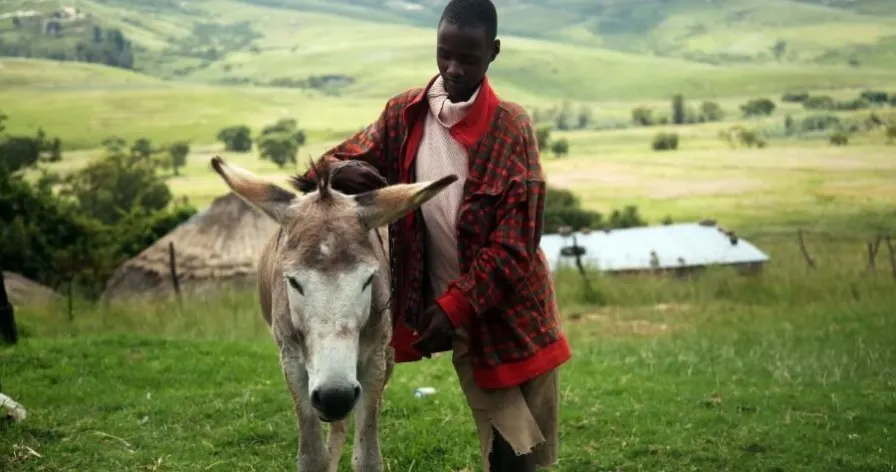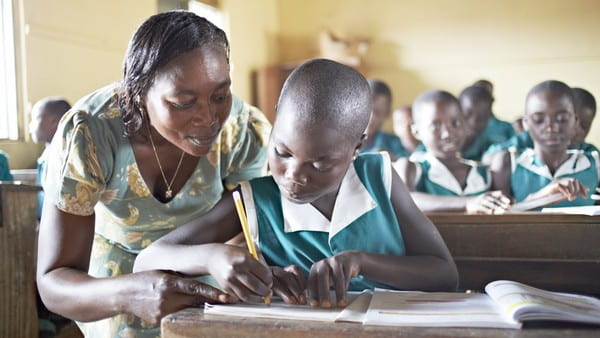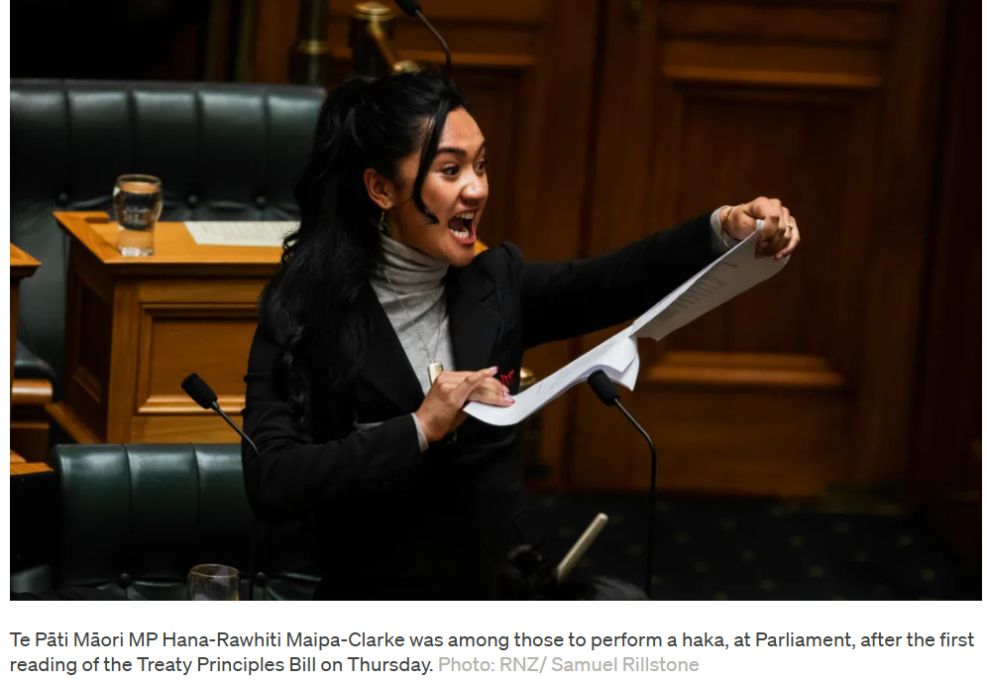Africa is home to one of the worlds most diverse ecosystems, but with increasing problems that affect the globe such as desertification, deforestation, poaching and agricultural imbalances threaten the lands diversity and health, the loss of forests, farm land and lack of wild life Land degradation, including desertification, In Africa, a significant portion of plastic waste is mismanaged, with over 80% in many sub-Saharan African countries, and a large amount ending up in landfills or the environment. About 64% of plastic waste is either dumped or lost in the environment, and 30% ends up in landfills, the highest rate globally. These unstable conditions pose serious threats to food security and climate stability. In our action plan, we want to address the pollution of our world, starting small in our communities.
In order to complete this goal, we need to set reasonable goals such as follows
- Raise awareness about land pollution and the importance of maintaining clean public spaces through social media campaigns.
- Organize community-led trash pick-up events in local parks to reduce pollution and improve green spaces.
- Partner with local businesses and organizations to provide necessary resources like trash bags, gloves, and recycling bins.
- Encourage sustainable waste management by educating communities on proper recycling and composting techniques which could involve further education based activities.
- Measure the success by tracking the number of participants, amount of trash collected, and community engagement
In order to understand exactly what is needed to make a difference, extensive research is important. We found accurate sources of information that were able to provide the information we needed in order to make our project happen. Facts such as The Let’s Do It! World initiative has organized large-scale cleanup efforts in multiple African countries, mobilizing millions of volunteers. Their model of local engagement and volunteer-driven action has proven effective.
However, some countries in Africa have begun their steps forward to a cleaner ecosystem. In Kenya, the Plastic Ban Initiative significantly reduced plastic bag pollution, demonstrating the effectiveness of their actions combined with public participation. Setting a great example of what our project aims to achieve.
When it comes to a timeline, there are many different factors that you have to consider. These factors mainly consist of people’s free time and the resources available to complete the action plan that we created. Over the next couple of months in the summer, we will work together to clean up our neighborhood parks. First, we’ll choose which parks need the most attention in our town and the towns surrounding us. Then, we will gather supplies such as trash bags, trash grabbers (also known as “pickers”), and gloves. Most importantly, we will spread the word across our towns to get volunteers involved. Once we have a “team”, we’ll hold our first official cleanup day and start making a real difference for the community as a whole. From there, we’ll set a schedule for people who are able to volunteer in order to keep the parks clean. As we grow gradually, as a group with volunteers, we’ll reach out to local businesses and community groups for support. By the end of summer, hopefully, we’ll have a solid plan in place to keep our local parks clean for the long run.
To organize the park cleanup, we’ll need resources such as trash bags, gloves, volunteers, and maybe even rakes, which we can get through donations. Volunteers will be gathered through social media and “spreading the word”. Any funding needed for supplies during the summer can come from local businesses and community donations. We’ll also try to talk to the town committee about where to dump the trash for proper trash disposal because we do not want to dump it illegally. To keep things going beyond the summer, with the big group of volunteers we will hopefully acquire, we will have a small team that will handle organizing events for trash pick up, managing supplies, and keeping volunteers engaged for the sustainable development of the town.
After each park cleanup, we will keep track of how many people showed up, how much trash we gathered, and how the park looks afterward. We will also ask the volunteers for feedback to see what worked for them and what could be better in the long run. We’ll check in around every week to make sure things are going well and if they are not then we will address the problem, such as if the number of volunteers starts to go down then we will fix it by posting more on social media or talking to people in our town to spread the word on how great of a cause this is and how volunteers are an essential part for it.






